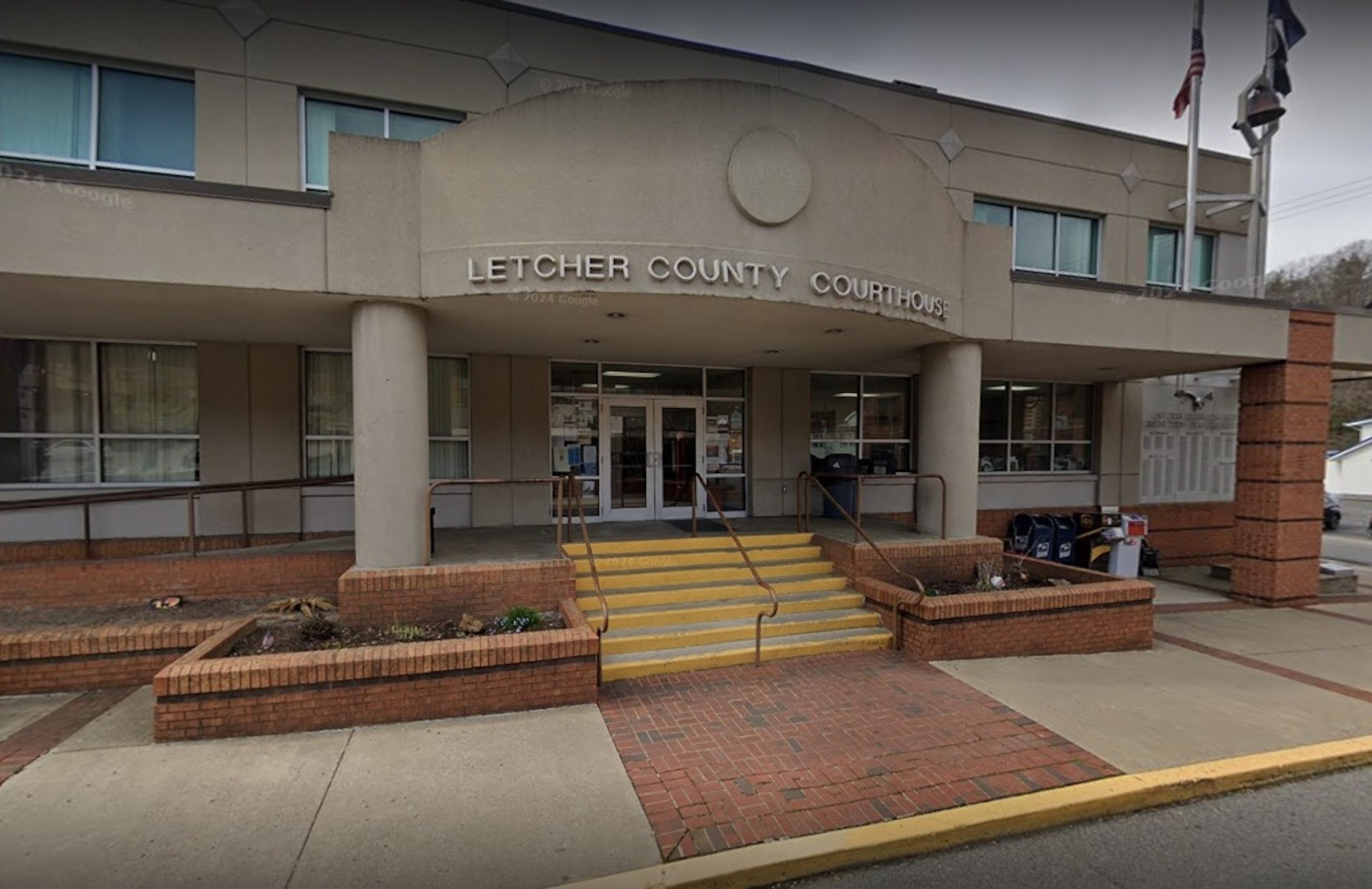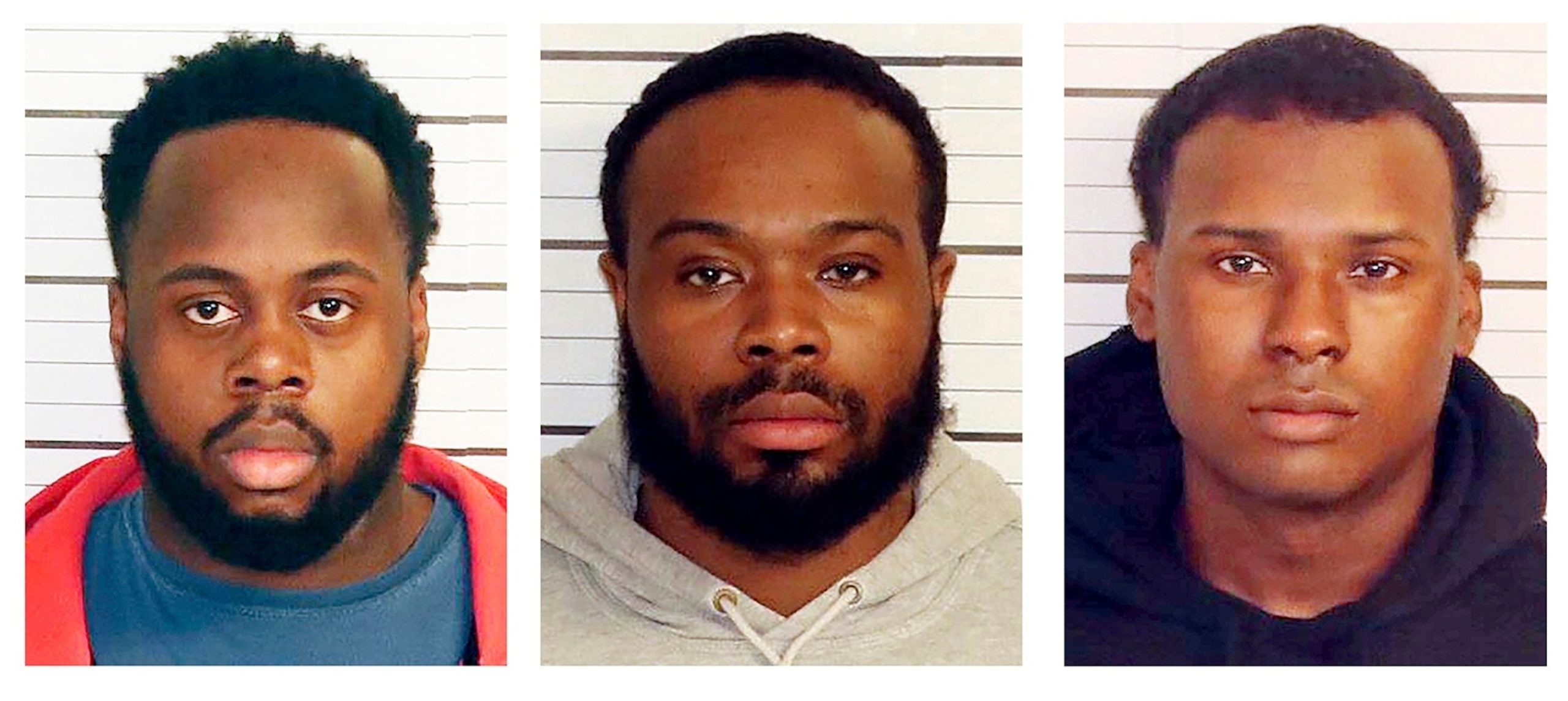
NEW YORK — A fake protest encampment set up for a TV shoot on a New York City college campus sparked a real reaction from pro-Palestinian activists, who organized their own demonstration against the filming, a newspaper reported Wednesday.
The scenario unfolded Monday and Tuesday at Queens College, where the CBS drama “FBI: Most Wanted” was filming an upcoming episode involving a climate change protest, The New York Times reported.
Like some of the encampments that formed on college campuses in the U.S. and elsewhere this spring to protest Israel’s actions in its war against Hamas, the TV set protest featured tents, sleeping bags and handmade banners.
Members of some pro-Palestinian groups, Within Our Lifetime and Students for Justice in Palestine, took umbrage and organized a protest of their own on the sidelines of the fictional one, the Times reported. Production wrapped up earlier than expected Monday following the protesters’ appearance, and a group of about 15 protesters returned Tuesday, the paper reported. It wasn’t clear whether any were students.
The newspaper said the demonstrators declined to speak to a reporter. However, in chants and flyers, they called the film shoot “propaganda” and the use of the campus “a clear attempt to simultaneously demonize and profit from the student movement.”
The show’s producers declined to comment, the Times said.
Queens College said in a statement that the “campus community” had been told in advance about the TV shoot, including its “focus on a climate change/environmental issue protest at a fictitious college.”
Filming wrapped up as planned by noon Tuesday, according to the Times.
This year’s Gaza-related student protest movement was kindled by a demonstration at Columbia University in New York, then swept through many other U.S. campuses. Encampments sprouted at some schools, though not at Queens College.
Although many protests were peaceful, there were more than 3,200 arrests. Some campuses saw disruptions, walkouts or cancellations of commencement ceremonies. Some schools fielded fielded complaints about antisemitic and anti-Palestinian harassment.
The war began when Hamas militants attacked Israel on Oct. 7, taking hostages and killing 1,200 people, mostly civilians. In Gaza, more than 39,000 Palestinians have been killed, according to the territory’s Health Ministry, which does not distinguish between combatants and civilians.
Pro-Palestinian activists recently staged a real demonstration on a New York City campus in response to a fake protest that was being filmed for a television show. The incident has sparked a debate about the ethics of using staged events for entertainment purposes, as well as the importance of authentic activism in the fight for social justice.
The fake protest, which was being filmed for a popular TV show, featured actors pretending to be pro-Israel activists engaging in a heated confrontation with actors portraying pro-Palestinian activists. The scene was meant to add drama and tension to the show, but it ultimately backfired when real pro-Palestinian activists showed up to counter the fake protest.
The activists, who were not aware that the protest was staged for a TV show, were outraged by what they perceived as a disrespectful and manipulative use of their cause for entertainment purposes. They quickly organized a real demonstration to express their support for the Palestinian people and to denounce the exploitation of their struggle for political gain.
The incident highlights the dangers of using staged events to depict real social issues. While television shows and movies often rely on dramatic scenes to capture viewers’ attention, it is important to remember that these portrayals can have real-world consequences. In this case, the fake protest not only misled the public about the nature of the conflict between Israel and Palestine, but it also disrespected the genuine activism of those fighting for justice.
Authentic activism is essential in the fight for social justice. It requires dedication, passion, and a commitment to making real change in the world. By contrast, staged events can undermine the credibility of social movements and detract from the seriousness of the issues at hand.
The response of the pro-Palestinian activists to the fake protest serves as a powerful reminder of the importance of standing up for what is right and refusing to be manipulated for entertainment purposes. It also highlights the need for greater awareness and sensitivity when it comes to depicting real social issues in the media.
In conclusion, the incident on the NYC campus serves as a cautionary tale about the dangers of using staged events for entertainment purposes. It underscores the importance of authentic activism in the fight for social justice and reminds us that real change can only come from genuine dedication and commitment to making a difference in the world.


